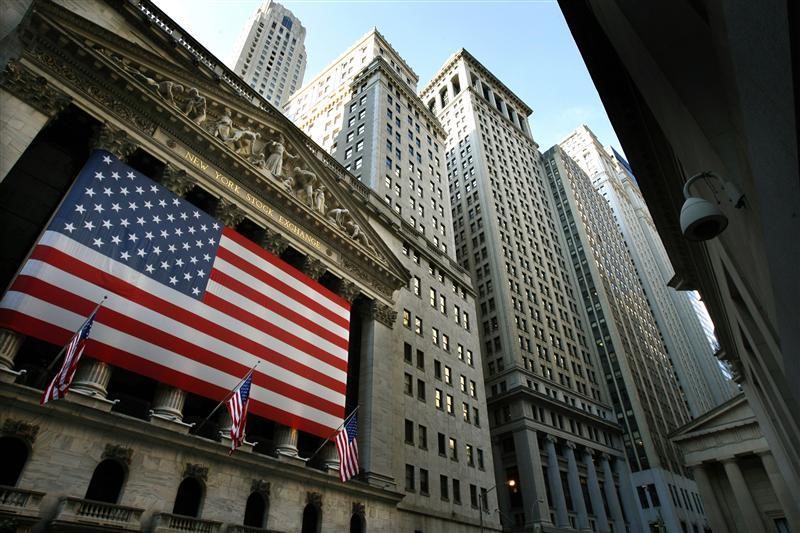This post was originally published on this site

Investing.com — U.S. stock markets opened lower on Friday, unsettled by fresh comments from the Federal Reserve about the pace of monetary policy tightening, and by doubts about China Evergrande, the real estate developer teetering on the brink of default.
By 9:40 AM ET (1340 GMT), the Dow Jones Industrial Average was down 68 points, or 0.2% at 34,696 points. The S&P 500 was down 0.3% and the Nasdaq Composite was down 0.5%. That leaves the Dow on course for a narrow weekly gain, but the S&P and Nasdaq on course for a loss.
Before trading began, Cleveland Federal Reserve President Loretta Mester spelled out in detail what Fed Chair Jerome Powell had hinted at in his press conference on Wednesday, namely that the Fed is likely to run down its bond purchases relatively quickly from November, and may well raise interest rates by the end of next year. Mester said in a speech that the U.S. economy had met the conditions necessary to allow monetary policy to be tightened.
“I support starting to dial back our purchases in November and concluding them over the first half of next year,” Mester said in remarks prepared for delivery to the Ohio Bankers League. Mester also warned of ‘froth’ in both equity and housing markets in the U.S.
Fed Chair Powell and vice-chair Richard Clarida are both due to speak at an event that begins at 10 AM ET.
Nike (NYSE:NKE) stock stood out in early trading, falling by 5.6%, the most in six months, after the company said supply chain disruptions threaten its near-term outlook. The company has lost 10 weeks of production from its factories in Vietnam due to Covid lockdowns, and it also faces big delays in getting shipping containers across the Pacific. That’s raising doubts as to what shape inventories will be in when the key holiday season starts. Under Armour (NYSE:UAA) stock fell 2.6% and Adidas ADRs (OTC:ADDYY) fell 3.2%, but such problems are hardly unique to sportswear makers.
China worries also weighed on sentiment in early trading after reports that the beleaguered Evergrande had failed to pay interest to all holders of one of its dollar bonds by Thursday’s deadline, technically tipping it into default. The company still has a 30-day grace period to meet its commitments, but it also has more interest and principal payments due in that time. The growing sense of risk around Chinese asset and Chinese markets was reinforced as HNA Group, a conglomerate that also overreached itself with debt-fueled growth, said its chairman and CEO had both been arrested in connection with suspected criminal activity.


